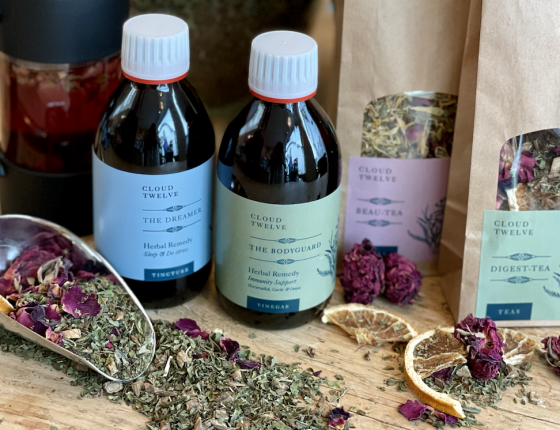
How to Look After Your Skin in Winter

1. What causes our skin to become drier in winter?
“Winter weather is harsh on our skin. The cold air strips moisture from the surface, and indoor heating systems tend to dry out the air, making it harder for our skin to retain its natural hydration. This is enhanced by changes in diet, as we tend to eat fewer seasonal fruits and vegetables during the colder months, which can affect the hydration levels in our skin. To combat this, it’s essential to support our skin from the inside.
Feed your skin and your gut first thing in the morning to frontload the necessary nutrients that we may be lacking in winter. I always start my day with a smoothie, using a combination of proteins and fibers, another essential is Terra Nova Intense Berries Super-Shake, which contains over 30 superfoods, probiotics and digestive enzymes. Other supplements that can help improve dryness include Omega-3 fatty acids which reduce inflammation, support the skin's lipid barrier, and help retain moisture, as well as Vitamin D supports the skin's barrier function and hydration. Deficiencies are common in winter due to reduced sun exposure.
Also in the cold months of the year our digestion and elimination gets sluggish which may create excess mucus and accumulation of toxins in the body. It’s always a good idea to support your detox pathways with foods or herbs to give an extra boost to your metabolism. At Cloud Twelve I have powder called Gut&Skin Reset which activates all detox channels in the body including liver, lymph, gut, kidneys and skin. It’s effective for maintaining skin health as well as combatting problems like eczema, acne or psoriasis.
2. Should we adjust how often we exfoliate in winter?
“Yes, winter requires a gentler approach to exfoliation. Over-exfoliating can compromise the skin’s natural barrier, which is already under stress due to the dry weather. We have a non-invasive machine-driven treatment at our Spa called High Impact with uses microdermabrasion to gently exfoliate, microneedling to nourish and hydrate with hyaluronic acid, growth factor, vitamins and peptides. and LED to reset microbiome of the skin and boost cell regeneration. It’s my top recommendation for extra support to your skin in winter.”
3. What ingredients can worsen dryness? Are there any products we should take out of our routine or avoid?
“During winter, it's best to avoid ingredients that can exacerbate dryness or irritate the skin further. Alcohol-based toners and strong retinoids are examples of ingredients that may strip the skin of its natural oils, making it more vulnerable to dryness and irritation. Instead, focus on products that include anti-inflammatory herbs like chamomile, willow bark, marigold and rose, which soothe the skin while maintaining moisture levels. Liquorice, too, can be beneficial, as it not only brightens the complexion but also helps with redness, a common issue during the colder months. Reduce dehydrating foods and drinks like coffee and alcohol, processed foods and watch out for toxic exposures in food, environment and skincare, these will create oxidative stress which will affect breakdown of collagen and elastin and overall skin barrier function.
4. How can people with specific skin conditions, like eczema or rosacea, manage winter dryness without irritation?
“For those with skin conditions like eczema or rosacea, winter dryness can be particularly challenging. The cold weather and dry air can easily trigger flare-ups. To manage these conditions, it's crucial to avoid harsh, stripping products. Instead, opt for herbs like aloe vera, liquorice, gotu kola, nettle which are known for their calming and hydrating properties. Gotu kola is one of my favourite beauty herbs because it stimulates collagen production in the body, while liquorice is the most powerful natural steroid which helps with inflammatory or allergic reactions of the skin such as eczema or rosacea.
When you have a skin imbalance it’s always important to get to the cause of it whether it’s gut health, stress, hormonal imbalance or immune system dysregulation and work with the triggers like inflammatory foods, toxins, emotional trauma or infections. We can then reset the body by giving it further support with the positive pillars of health like anti-inflammatory diets, herbs, supplements and mindfulness. Everyone is individual and these strategies need to be personalized. I offer complementary 15 minute support calls to explore various ways on getting to the cause of the problem and get long lasting results.”
https://www.cloudtwelve.co.uk/services/jenya-di-pierro-15-minutes-free-support-helpline
5. Are heavier night creams or masks beneficial for winter skin, or can they clog pores?
Heavier night creams can be beneficial in winter, but it's important to choose the right ones.
6. What would be your top recommendation for combatting winter dryness?
“Winter dryness can be tricky to manage, but focusing on both internal and external hydration is key.
Stay well and healthy xx
Jenya Di Pierro

Author: Jenya Di Pierro
Founder, Naturopath & Herbal Medicine Practitioner
BSc, MSc, DipCNM, AMH, ANP


Bio-Hacking for Menopause
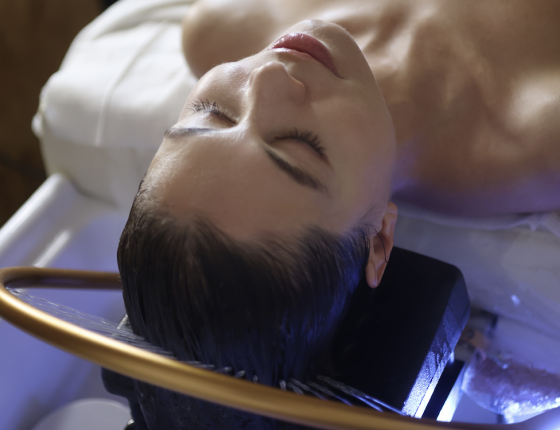
Are Head Spas The New Non-Negotiable Beauty Ritual?

Menopause & Hair Loss: Real Causes of Thinning Hair in Midlife
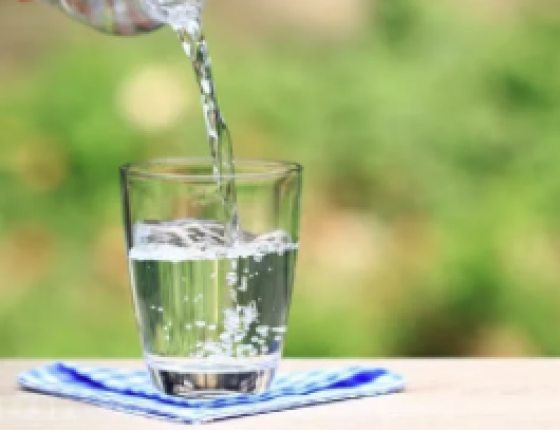
Why I Never Drink Tap Water — And What You Should Know About Contaminants
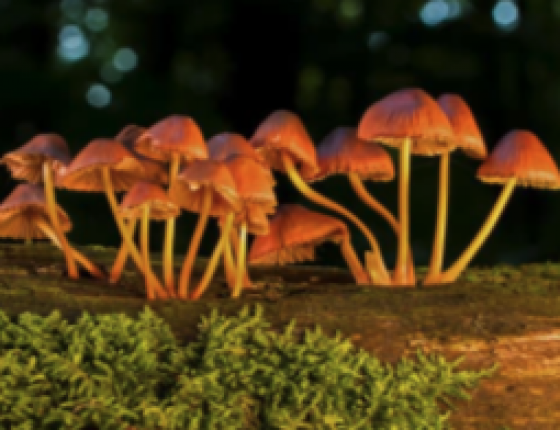
The Standard - Best Reishi supplements for powerful adaptogenic support
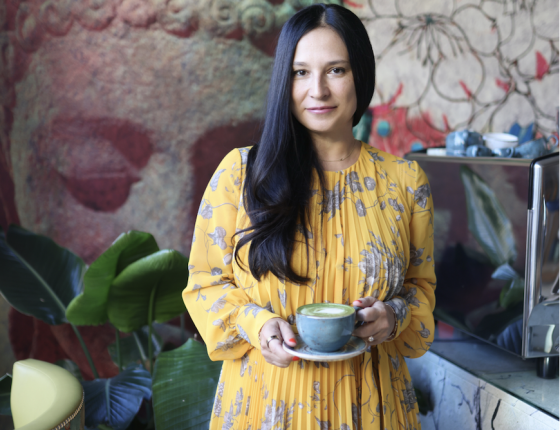
Five ways to stay balanced this festive season - Yahoo News
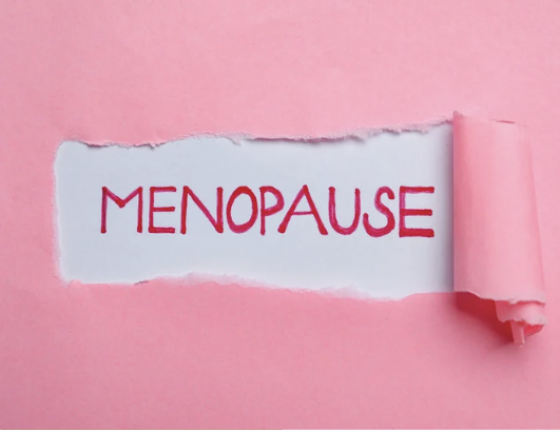
Natural Management of Menopause Part 1: Herbal Remedies

Boosting Immunity Before Your Winter Holidays

The Hair & Scalp Type Guides: Oily, Dry, Dandruff & Hair Loss
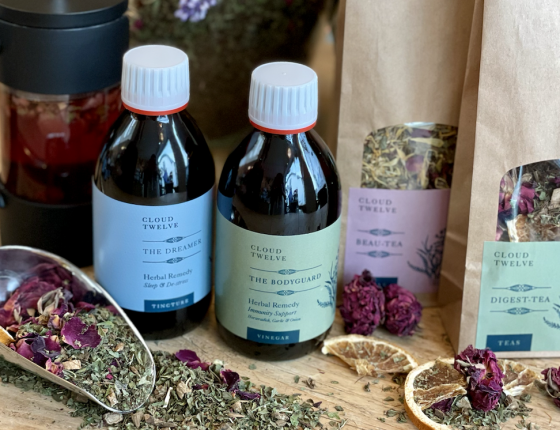
Herbs and Tips for Winter Wellness

Improving Egg Quality and Boosting Fertility for Women in their 40s
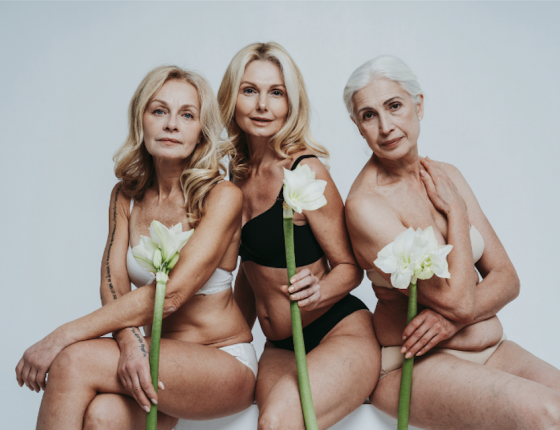
Diet for Menopause
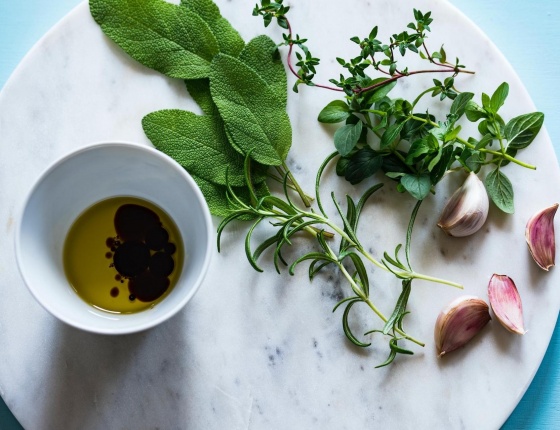
Nature's Cure for Hair Loss: Herbal Remedies That Work

Herbs to Boost Fertility

11 Steps To Detox Your Mind

Nutrition & Lifestyle Habits For An Effective Detox

Top Tips For Staying Healthy During the Party Season
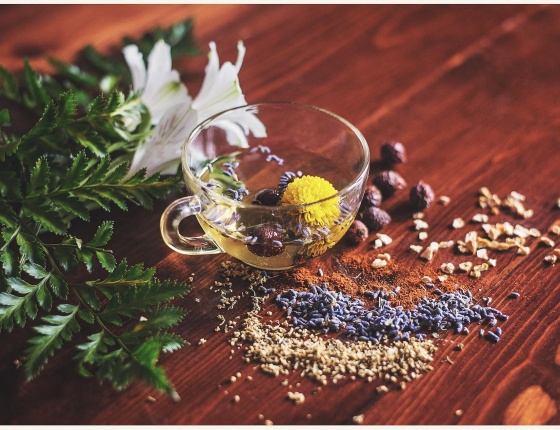
SheerLuxe: Jenya Di Pierro Shares Her Expert Tips To Dealing With Reflux
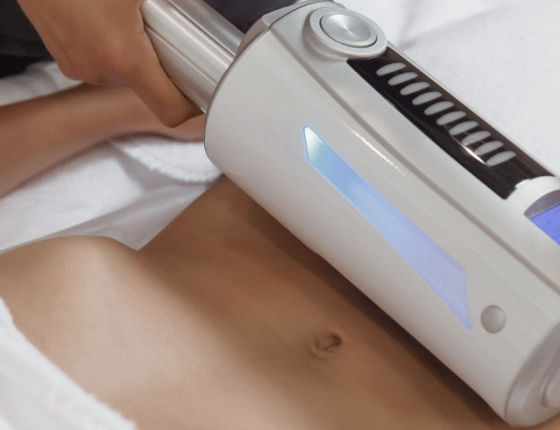
10 Natural Treatments For Cellulite
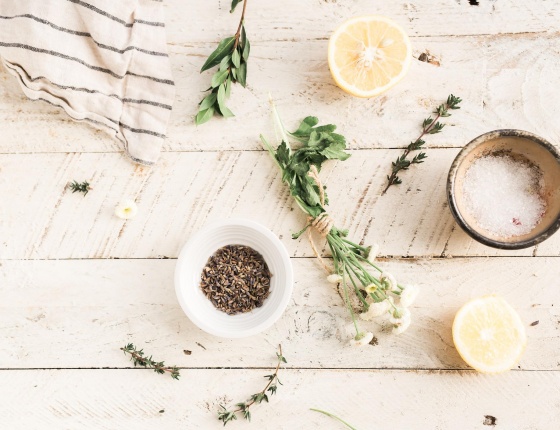
The Best Nutrition Tips For Combatting Cellulite
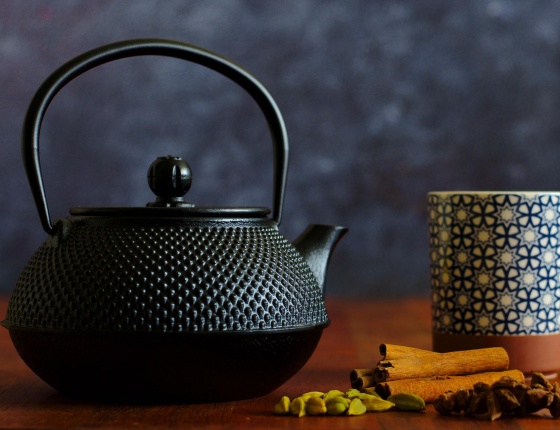
Country & Townhouse: Jenya advises on healing your gut with a little help from the East. How to do an Ayurvedic cleanse

GoodToKnow: Winter blues - 11 ways to deal with seasonal affective disorder, according to experts
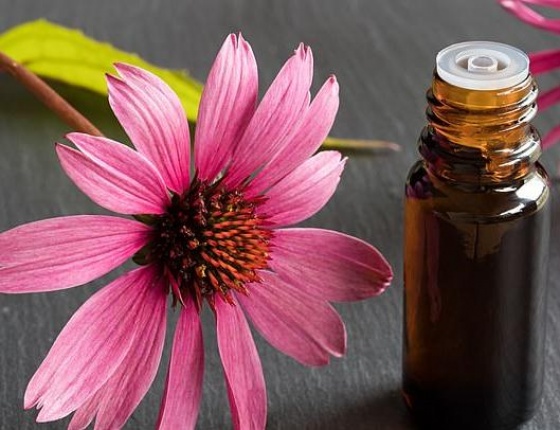
Daily Mail: Could a houseplant help cure YOUR health woes? Experts reveal their surprising healing properties

The Telegraph: Demand for ultra-skilled nannies and kids members' clubs surges post-lockdown

Domus Stay: Jenya Di Pierro on how Cloud Twelve puts wellbeing at the top of the agenda

Wellbeing: Natural remedies and herbs to help recover from vaccine side effects

Wallpaper: Natural remedies for allergy fatigue and other hay fever symptoms
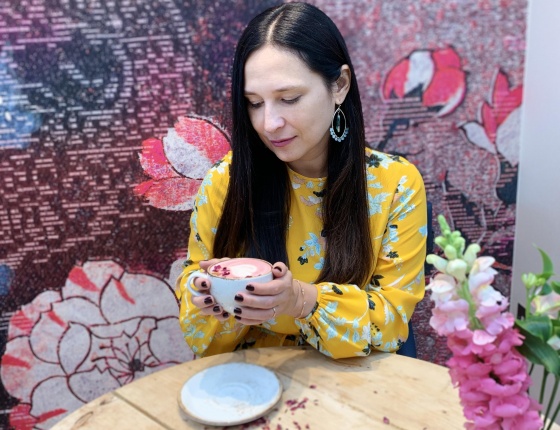
Your Healthy Living: 10 ways to fight the ageing process

OmYoga: The power of plants: 7 healing plants to keep healthy and balanced

Woman & Home: 10 natural cures for insomnia to help end sleepless nights

Harpers Bazaar: Why it's time to reclaim a bespoke approach

Mr Porter: The Best Holistic And Natural Treatments For Men To Try Now
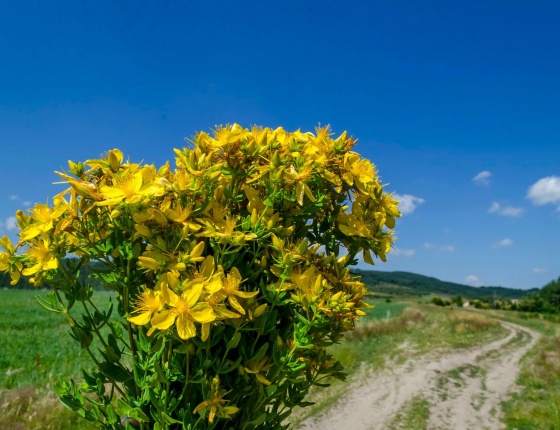
Luxurious Magazine: Herbalist Jenya Di Pierro's top healing plants for a healthy 2022

Metro: Sport recovery is about more than rest days — here are the most effective therapies

Beauty Daily: The top 10 healing plants for a healthy and balanced 2022
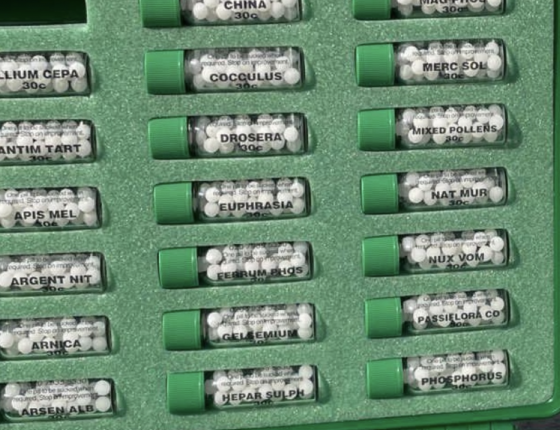
Tips and Hacks for Holiday Health
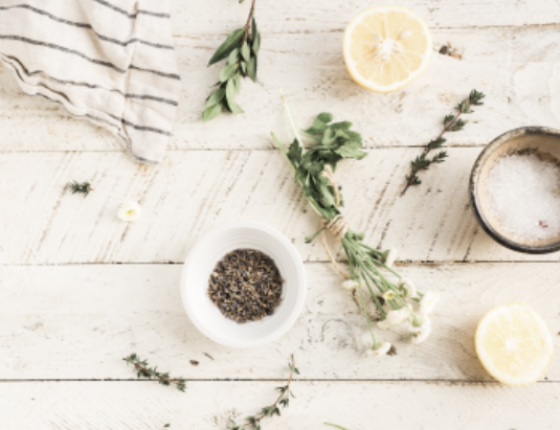
Your guide to Adaptogens

7 Daily Health Habits

13 Healthy Sleep Hygiene Habits
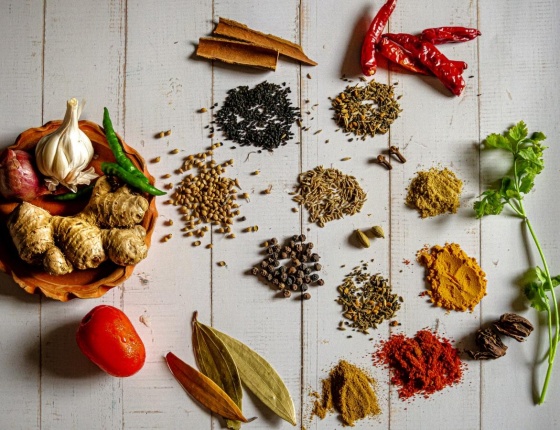
How to boost daily nutrition by adding a few clever ingredients
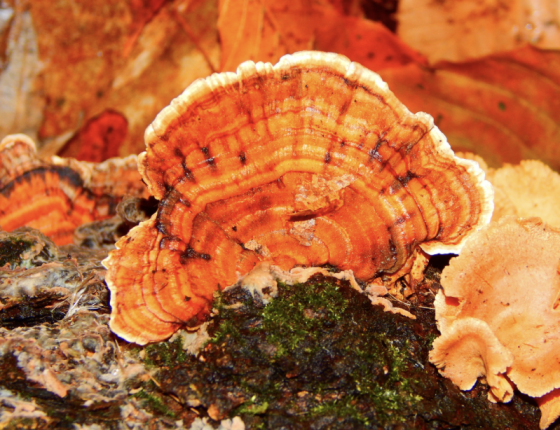
The ultimate guide to Medicinal Mushrooms
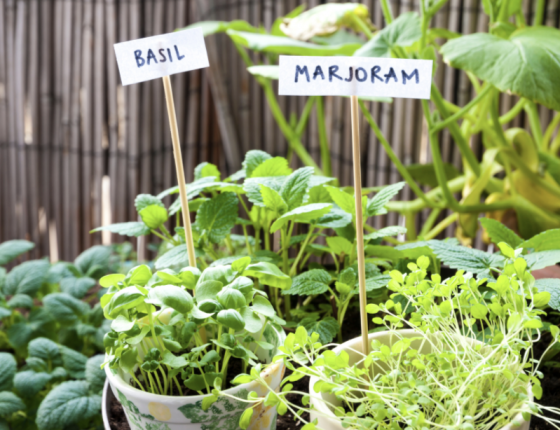
Herbs for respiratory system that can grow in your garden

Tips on How to Reduce Stress

10 Self Care Tips
